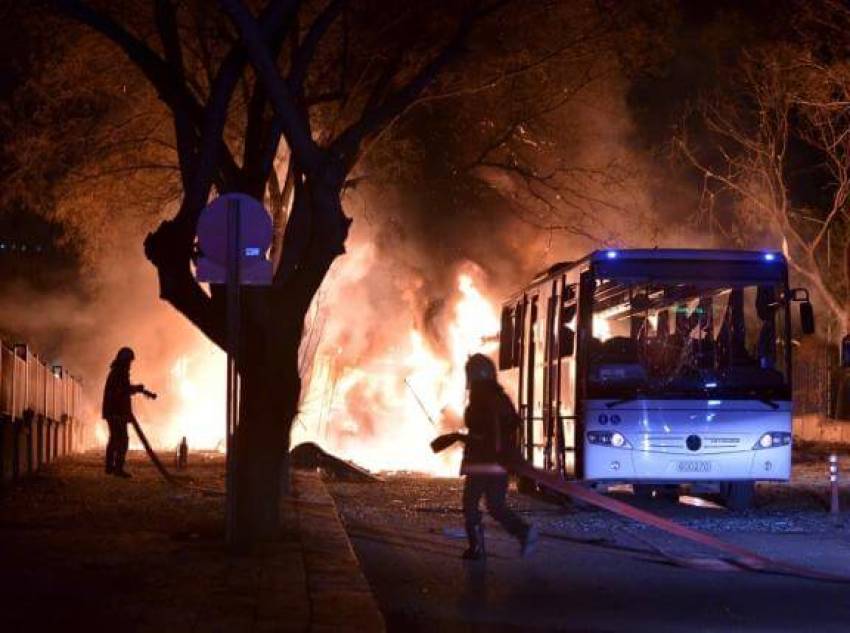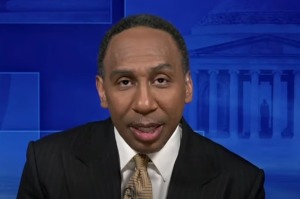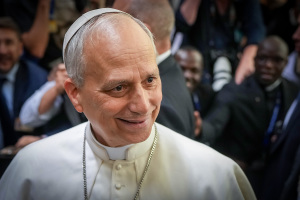28 Dead in Ankara Following Terror Bombing; Turkey Launches Air Strikes

After a suicidal car bombing attack in the Turkish capital Ankara killed 28 people on Wednesday night, Turkish warplanes responded by carrying out air strikes on Kurdish militants in northern Iraq only hours later.
Turkish Prime Minister Ahmet Davutoglu has blamed members of the Kurdish YPG militia based in Syria of carrying out the attacks, and revealed that 26 of the 28 people killed on Wednesday were soldiers.
"A direct link between the attack and the YPG has been established," Davutoglu said, noting that the suicidal bombing targeted military buses that waited at traffic lights near Turkey's armed forces' headquarters, parliament and government buildings.
Davutoglu said that the outlawed Kurdistan Workers Party helped the Syrian Kurds carry out the attack, Reuters reported, but Cemil Bayik, the co-leader of the PKK umbrella group, has said that he does not know who is responsible for the bombing.
Turkey has been fighting PKK rebels in Iraq since the 1970s, and in 2015 started launching air strikes and ground operations aimed at hunting down Kurdish bases in northern Iraq.
As BBC News points out, the Iraqi-based PKK Kurds are closely allied with the YPG, the Syrian-based Kurds, though both groups are separate from the Kurdish Regional Government in Iraq, which is the only one Turkey has good relations with. At the same time, all three Kurdish groups, as well as the Turkish army, are fighting the Islamic State terror group, which has spread throughout Iraq and Syria.
There have been a series of bombings in Turkey in the past year, some blamed on IS and some blamed on the PKK, making it the deadliest period in several decades.
Turkish President Recep Tayyip Erdogan insisted that the violence will not stand in the way of Turkish unity, however.
"Our determination to respond in kind against such attacks against our unity and future from outside and inside is even more strengthened through such attacks," Erdogan declared in a statement. "Turkey will not hesitate to use its right to self-defense anytime, anywhere, and in all situations."
U.S. Defense Secretary Ash Carter said that the White House administration stands beside its NATO ally, CNN reported.
"We strongly condemn this cowardly attack which appears to have targeted buses carrying Turkish military personnel. We stand with our Turkish allies in the face of this horrific act, which only strengthens our resolve to deepen our ongoing cooperation in the fight against terrorism," Carter said.
Christians have suffered due to the ongoing clashes between the Turkish army and Kurdish PKK, with northern Iraqi bishops speaking out against Turkey bombing border villages.
Reports revealed in January that the Turkish military bombed the border village of Sharanish, home to many Christians, forcing many to flee in panic.
"The attack was carried out under the pretext of the fight against the positions of the Kurdish PKK (Kurdistan Workers' Party)," Patriarchate Louis Sako of Babylon of the Chaldeans said, calling the bombings "totally unjustified."
Sako added that the Turkish government must "respect the lives and property of the population."



























